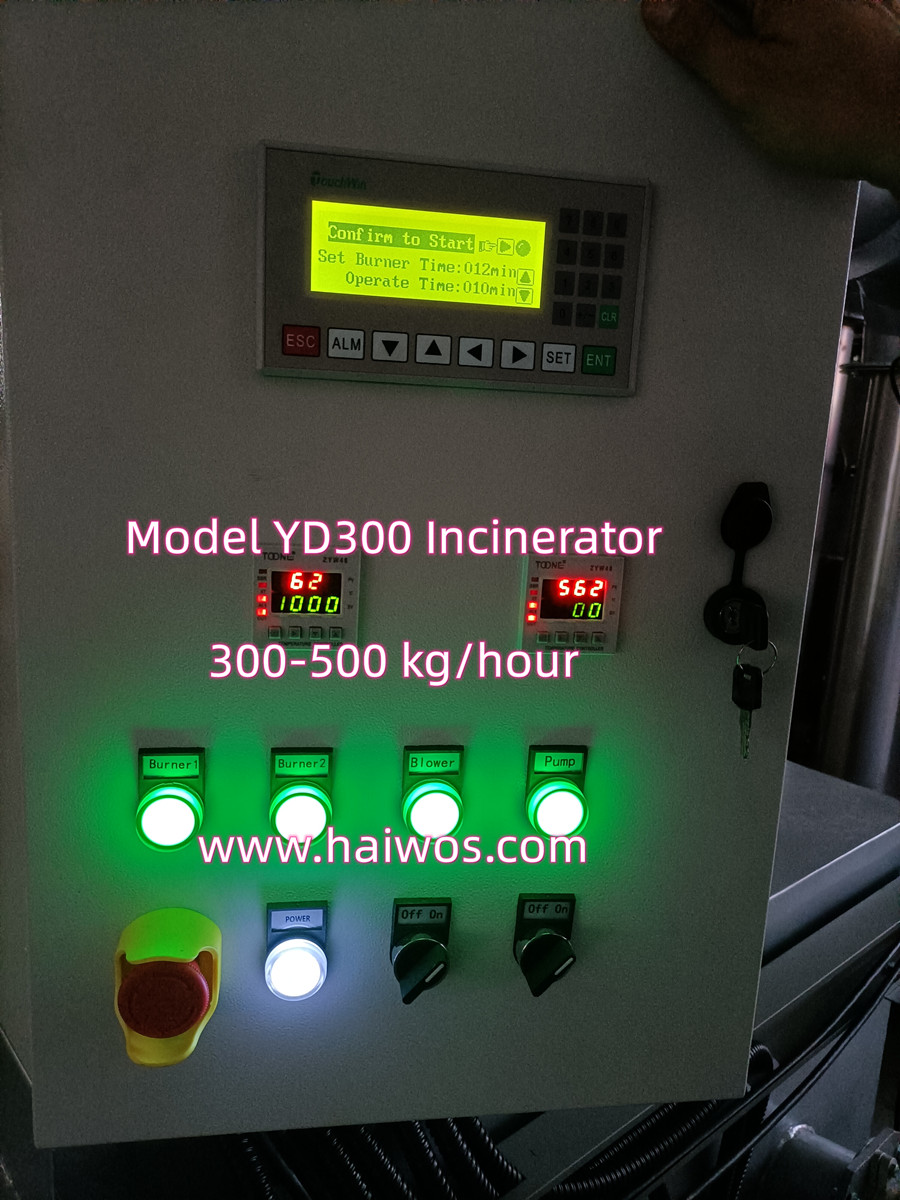Clinical waste, also known as medical waste, is a type of waste generated from healthcare facilities such as hospitals, clinics, and laboratories. This waste includes materials such as blood, bodily fluids, syringes, and other medical equipment. Improper disposal of clinical waste can pose serious risks to public health and the environment. Therefore, it is important to use effective and safe methods for its treatment and disposal.
One of the most effective methods for treating clinical waste is through incineration. Incineration involves burning the waste at high temperatures to reduce the volume and neutralize any harmful pathogens. While some people may have concerns about the environmental impact of incineration, modern incineration technology has made significant advancements that make it a sustainable and environmentally friendly method for handling clinical waste.
One of the key environmental benefits of incinerator treatment for clinical waste is the reduction of waste volume. By incinerating clinical waste, the volume of waste is significantly reduced, which can help minimize the amount of waste being sent to landfills. This can in turn help reduce the strain on landfills and decrease the potential for groundwater and soil contamination.
Another environmental benefit of incinerator treatment is the reduction of harmful pathogens. Clinical waste can contain dangerous pathogens that pose a risk to public health and the environment if not properly neutralized. Incineration destroys these pathogens, making the waste safe for final disposal.
In addition, modern incineration facilities are equipped with advanced pollution control devices that minimize the release of harmful emissions into the atmosphere. These facilities are required to adhere to strict environmental regulations and standards, ensuring that the air quality is protected. This helps to mitigate the impact of incineration on the environment and public health.
Furthermore, incineration can also generate energy in the form of electricity and heat. The heat produced during the incineration process can be harnessed and used for various purposes, such as heating buildings or generating electricity. This can help reduce the demand for fossil fuels and contribute to a more sustainable energy production.
Overall, incinerator treatment for clinical waste offers several environmental benefits, including the reduction of waste volume, the elimination of harmful pathogens, and the generation of energy. When conducted using modern and well-regulated facilities, incineration can be a safe and effective method for handling clinical waste while minimizing its impact on the environment. As the healthcare industry continues to grow, it is important to invest in sustainable waste management practices, and incineration can play a key role in achieving this goal.



